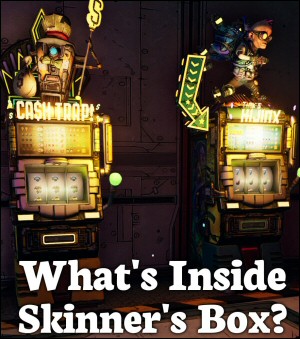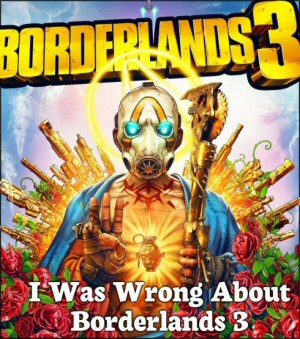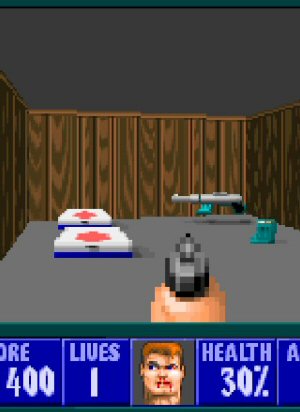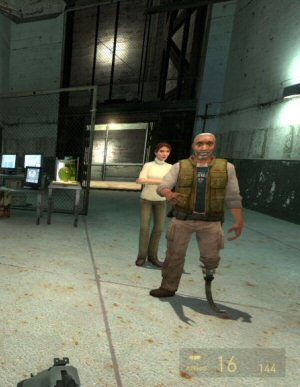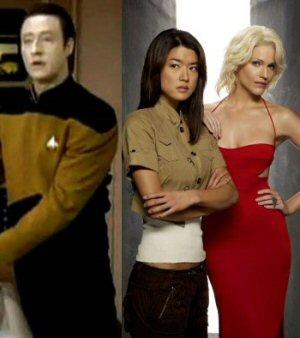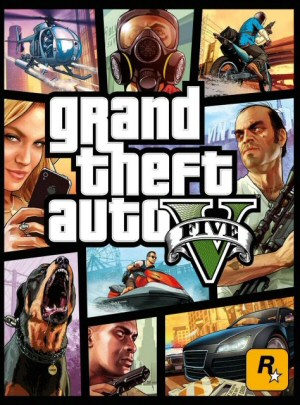Sometimes knowing (or thinking you know) how a game operates can work against you.
Early in my first Mass Effect play-through, I noticed the codex. There were only a couple of entries in it at that point, and they were things I’d already heard about. Now, a lot of games have this sort of journal feature that stores facts given to you by NPCs. This is a nice courtesy feature for absent-minded players, for players who might have overlooked or misunderstood something said to them, or for players who return to a game after a long absence. It’s a great feature, but you usually don’t need it. And that’s what I thought the Mass Effect codex was.
It wasn’t until someone in the comments of my first impressions post mentioned how rewarding the codex entries were that I went back for another look. While a couple of them are just a re-hash of things said to you in the game, most of them are a gold mine of details that bring the setting to life and address some (would-be) holes in the setting. Bonus: Most of them are read to you, and have nice pictures to go with them. (Yes, it may be childish to like “pictures” with your prose, but audio and visual does make the ingestion of information more fun.) Double bonus: The voice of the codex is the voice of the narrator from the Leisure Suit Larry games. As I play the entries I keep listening for the double entendre that never comes. Particularly during the Asari entry.
Anyway, an example of a seeming plot-hole which is covered in the codex: I thought it was stupid that the Krogen “didn’t have any scientists” to work on the genophage. If you guys don’t have any scientists, then how did you make it into space? But the codex reveals that the Salarians discovered the tribal and warlike Krogens, and brought them into space. Krogens don’t really have the disposition to try and invent things, but they’re smart and cunning in their own way, and can learn to use technology as well as anyone else.
Suddenly the Krogens went from being Klingon rip-offs to a fascinating race with a proud history but a tragic yet inevitable downfall.
Now that I know how useful it is, the codex is having the intended effect: I’m foraging for data by exhausting the dialog tree of every NPC that will consent to conversation.
I wouldn’t have ignored the codex if I hadn’t thought I already knew what it was. Funny how that works.
 Shamus Young is a programmer, an author, and nearly a composer. He works on this site full time. If you'd like to support him, you can do so via Patreon or PayPal.
Shamus Young is a programmer, an author, and nearly a composer. He works on this site full time. If you'd like to support him, you can do so via Patreon or PayPal.
 T w e n t y S i d e d
T w e n t y S i d e d


